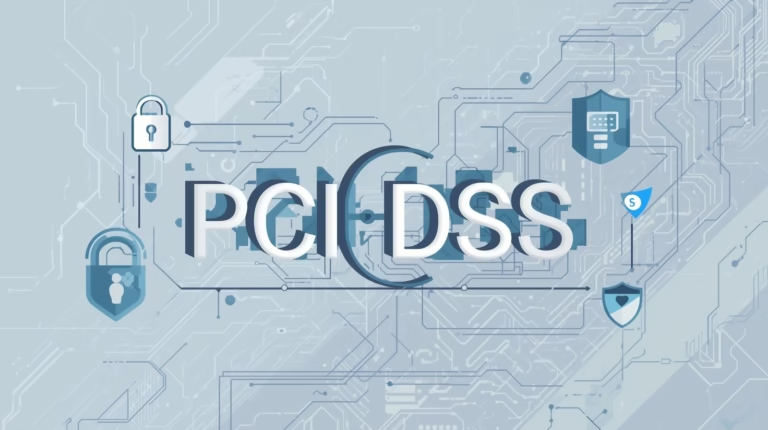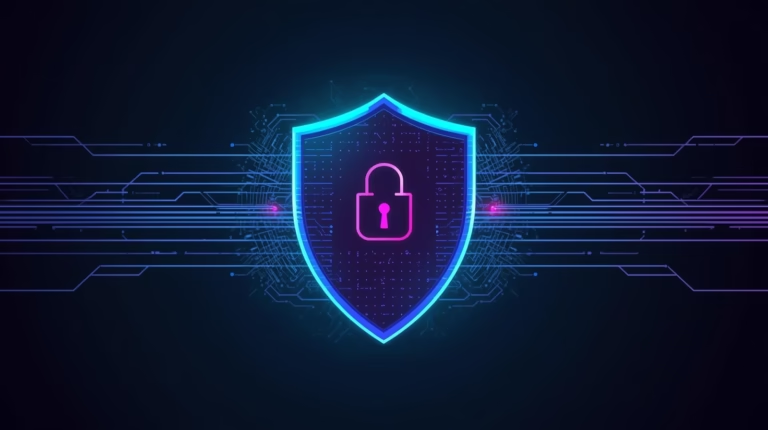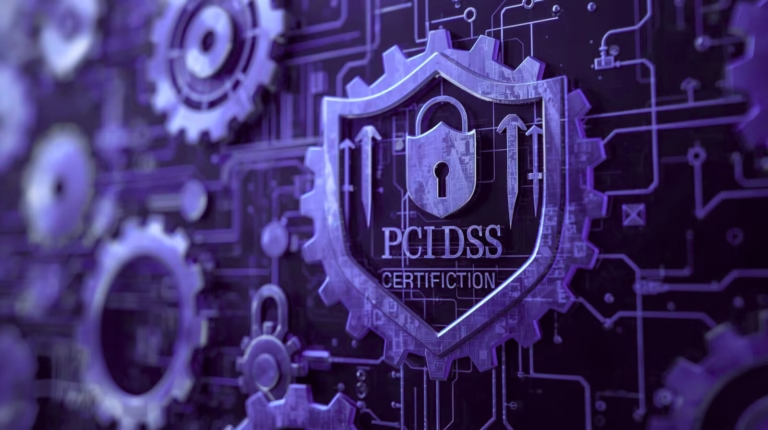cyber security basic

Understanding what cybersecurity entails is fundamental. Cybersecurity is the practice of protecting systems, networks, and programs from digital attacks. It involves implementing security measures to prevent unauthorized access and safeguard data integrity. Why is cybersecurity important, you may ask? Well, in a world where cyber threats loom large, having robust security measures in place is essential to protect sensitive information and maintain the trust of users. By implementing cybersecurity measures, individuals and organizations alike can mitigate risks and ensure data confidentiality.
So, how can cybersecurity protect you? Cybersecurity acts as a shield against malicious actors looking to exploit vulnerabilities in systems. By practicing good cybersecurity hygiene, such as using strong passwords, regularly updating software, and being wary of phishing attempts, individuals can significantly reduce their risk of falling victim to cyber attacks. Cybersecurity awareness is key in staying protected in the digital age.
What are the key aspects of cybersecurity certification courses?

1. Understanding of cybersecurity principles:
Cybersecurity certification courses provide a comprehensive understanding of core cybersecurity principles, including risk management, threat intelligence, and security architecture.
2. Hands-on experience:
Many cybersecurity certification courses offer hands-on experience through labs, simulations, and practical exercises to help students apply their knowledge in real-world scenarios.


3. Industry-relevant skills:
Certification courses focus on developing skills that are in demand in the cybersecurity industry, such as network security, cloud security, and incident response.
4. Recognition and credibility:
Obtaining a cybersecurity certification from a reputable organization can enhance one’s credibility in the industry and demonstrate expertise to potential employers.


5. Career advancement:
Cybersecurity certification courses can help professionals advance their careers by providing them with the necessary skills and knowledge to take on more challenging roles within the field.
6. Compliance with industry standards:
Many cybersecurity certifications are aligned with industry standards and best practices, ensuring that professionals are well-equipped to meet the security requirements of their organizations.

What Are the Top Cybersecurity Courses to Pursue?
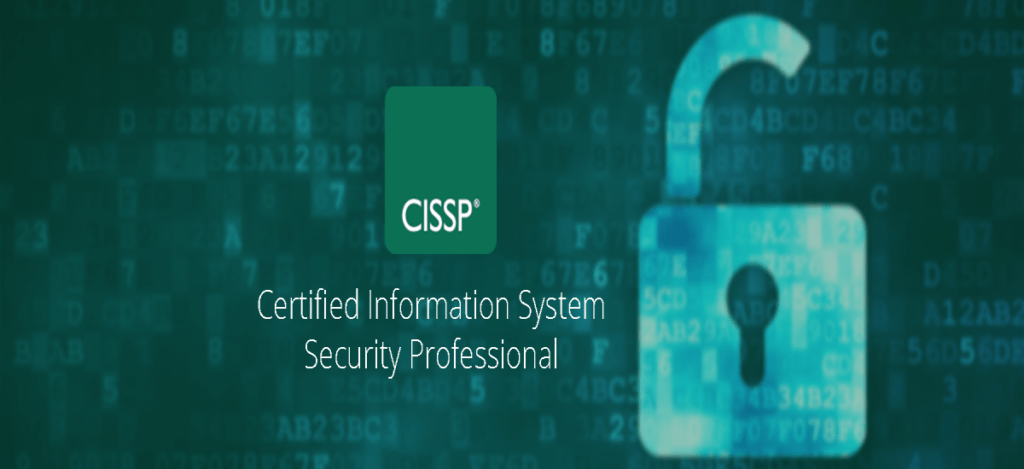
1. Certified Information Systems Security Professional (CISSP) –
This is a globally recognized certification that validates the expertise of cybersecurity professionals.
CISSP – Certified Information Systems Security Professional | ISC2
2. CompTIA Security+ –
This certification covers foundational cybersecurity concepts and is suitable for entry-level professionals.
What Is the CompTIA Security+ (Plus) Certification? 2024 Guide | Coursera
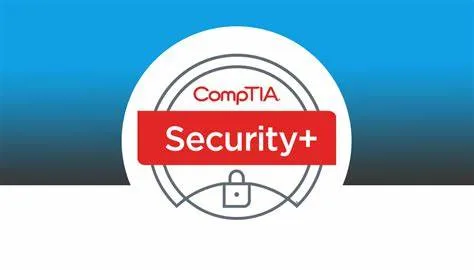

3. Certified Ethical Hacker (CEH) –
This certification focuses on teaching professionals how to think like hackers in order to better protect systems.
Complete Ethical Hackers Beginner – Advanced Training Course
4. Certified Information Security Manager (CISM) –
This certification is for professionals managing information security programs within organizations.
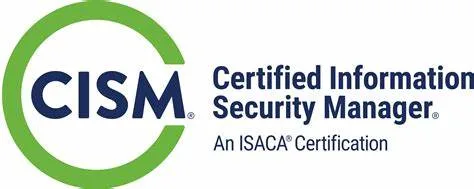
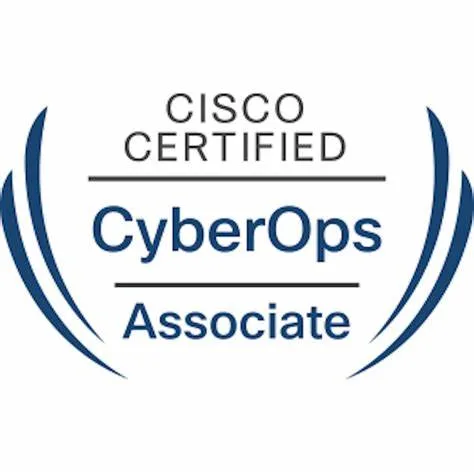
5. Cisco Certified CyberOps Associate –
This certification covers cybersecurity operations and is ideal for professionals working in security operations centers.
6. Offensive Security Certified Professional (OSCP) –
This certification is for professionals looking to specialize in offensive security and penetration testing.
What Is OSCP Certification and Is It Worth It? 2024 Guide | Coursera

What job roles can one pursue after completing cybersecurity courses?

1. Cybersecurity Analyst
2. Information Security Analyst
3. Network Security Engineer
4. IT Security Consultant
5. Security Architect
6. Compliance Analyst
7. Incident Responder
8. Penetration Tester
9. Cryptographer
10. Security Operations Center (SOC) Analyst
Cyber Security Training Programs
Amid the digital landscape, cyber security training programs play a pivotal role in equipping individuals with the necessary skills to combat cyber threats effectively. Online cybersecurity courses have gained popularity due to their flexibility and accessibility. These courses cover a wide range of topics, from information security to network security, providing participants with a comprehensive understanding of cybersecurity principles and practices.
When considering cyber security certification programs, it’s essential to evaluate their effectiveness. Look for courses that are up-to-date with the latest cyber trends and technologies. Additionally, keeping an eye out for top cybersecurity training events can provide valuable networking opportunities and insights into emerging cyber threats.
Choosing the right cyber security certification program is crucial. Consider factors such as accreditation, course content, and hands-on training opportunities. By selecting a program that aligns with your career goals and interests, you can set yourself up for success in the field of cybersecurity.
Online Cybersecurity Training Events

1. SANS Institute Cyber Security Training
2. InfoSec World Cyber Security Conference
3. Cybersecurity Summit by RSA Conference
4. Black Hat USA cybersecurity training
5. Global Cybersecurity Leadership Summit
6. National Cyber Summit
7. Cybersecurity Training by EC-Council
8. SecureWorld cybersecurity conferences and training
9. Cybersecurity for Critical Assets Training
10. Cybersecurity Executive Forum by NIST




